Indigenous Peoples Roundtable
Stakeholders Roundtables Venue: Room 21 Casa De La Cultura- Analucy Bengochea GAP Indigenous Peoples PCG Co-Chair Honduras
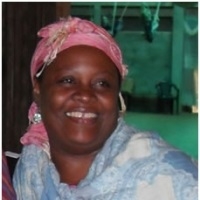
- Biswamohan Mohanty Director ORRISSA NGO India
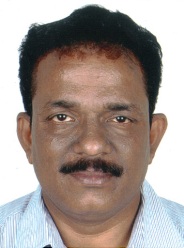
- Dr. Elifuraha Isaya Laltaika Director Association For Law And Advocacy For Pastoralists (ALAPA) United Republic of Tanzania
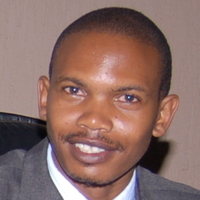
- Elisa Urbano Indigenous Representative Espaço Feminista Brazil

- Ingrid Gamboa Lider Comunitario Iseri Ibagari Groots International Wagucha Guatemala
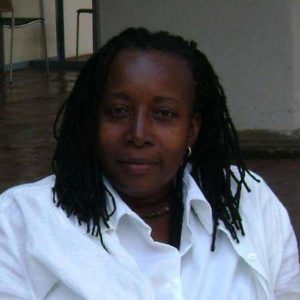
- Maria Eugenia Choque Quispe Permanent Forum On Indigenous Issues

- Ndinini Kimesera Sikar GAP

- Perla Gómez Gallardo President Comisión De Derechos Humanos Del Distrito Federal Mexico
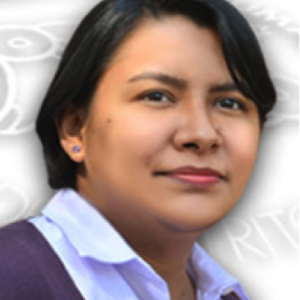
- Roger Torres Sub Comisionado COPECO Honduras
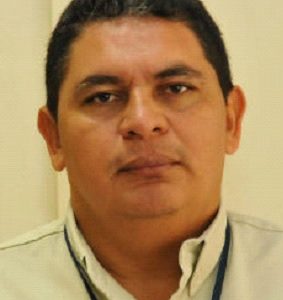
- Teanna Ducharme Aboriginal Intern / Indigenous Youth Activist Government Of BC-Ministry Of Children And Family Development Nisga’a Nation Canada
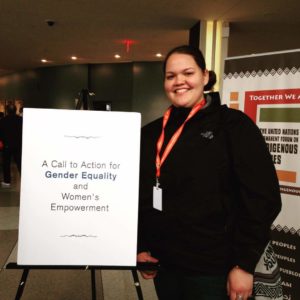
Indigenous cities: an intersectional look to the inclusion of indigenous peoples in the implementation of the New Urban Agenda
It is critical to the implementation of the New Urban Agenda to ensure that groups that are often marginalized from the governance, economy, and social life of the cities be heard. One such group is indigenous peoples; of the 370 million indigenous peoples living in over 70 countries and speaking over 5,000 different languages, 50% live in cities. The challenges faced by urban indigenous people are many fold – poverty, discrimination, lack of affordable and decent housing, and high unemployment, to name a few. Walking the edge between perserving their identity and maximizing the benefits of urban society, indigenous peoples must additionally be recognized for their positive contributions to cities in many areas.
In order for the New Urban Agenda to successfully promote urban governance where social inclusion is promoted and urban sustainability is developed, it is necessary to include indigenous people and their communities in all decision-making processes at all levels. It is also crucial to understand and recognize the diversity within the indigenous peoples, generating intercultural awareness and mechanisms for the implementation of the New Urban Agenda that adopt an intersectional approach to development.
Likewise, it is of key importance to promote the role of indigenous women in decision-making, recognizing that women are a pillar of the reproduction and preservation of indigenous cultural values and practices in everyday lives in the cities.
Objectives of the Roundtable
- Analyze the ways in which indigenous peoples contribute daily to urban development and the mechanisms and tools that can fully realize their participation in the implementation of the New Urban Agenda.
- Present initiatives to include indigenous peoples in the implementation, monitoring and evaluation of the New Urban Agenda.
- Emphasize the importance of gender equality and recognize the crucial role of indigenous women in the development of inclusive, safe and sustainable cities.
- Explore the common knowledge and perspectives on urban challenges and policy priorities affecting Indigenous Peoples.
Guiding Questions
- How does the indigenous concept of territory play out and contribute to the implementation of the New Urban Agenda and urban development and planning?
- What are the main challenges of indigenous peoples in cities and what can governments do to support efforts to overcome them?
- What are the rural-urban linkages that influence or have an effect on the lives of indigenous peoples?
- What practices, mechanisms, or tools have been proved effective for indigenous peoples to participate fully in the design, implementation, and monitoring and evaluation of development policies at the local and national levels?
- What are the mechanisms to implement an intersectional approach to the inclusion of indigenous voices in decision-making in the context of the implementation of the New Urban Agenda?
- How can the indigenous women leadership be promoted in community and local decision-making?
Roundtable Follow Up
- How do you propose to monitor the outcomes of this session in order to report back on progress at the 9th Session of the World Urban Forum (2018, Kuala Lumpur, Malaysia)?
